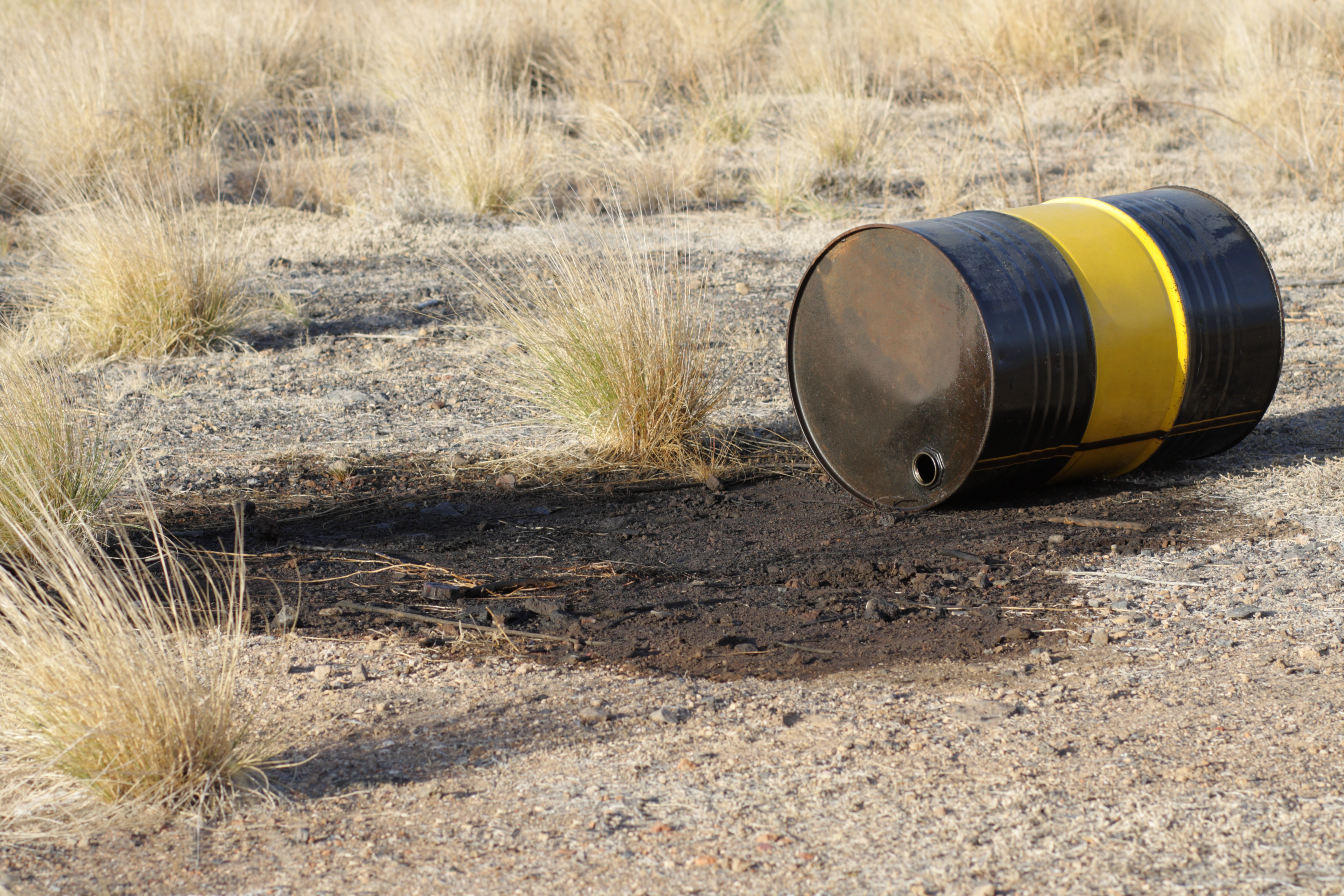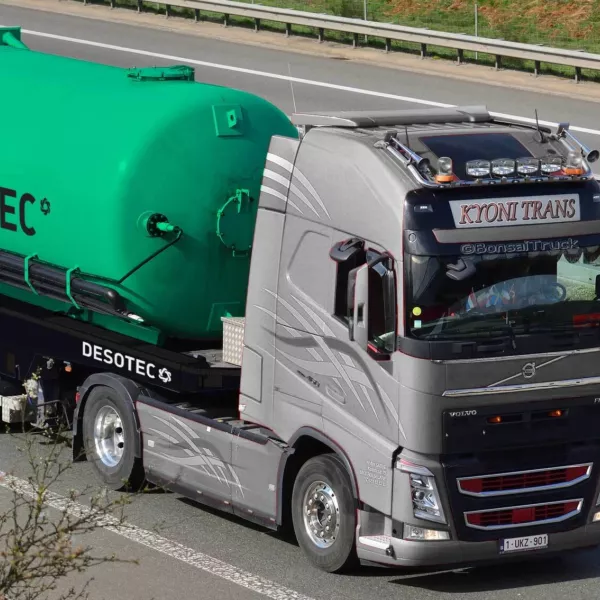Soil remediation for Olympics construction works
In France, construction projects have to comply with strict regulations on soil remediation. If contamination is found, it must be removed. When the project is in an urban area, it is even more important that any emissions are treated to protect both site workers and the local population. DESOTEC provides flexible activated carbon solutions to treat air emissions and wastewater from in-situ or ex-situ soil remediation work, allowing complex major projects to proceed smoothly.
The problem
A French company was contracted to carry out soil remediation of a two-hectare site in central Paris where a swimming pool is being built for the 2024 Olympics.
The land was formerly used for industry. Hydrocarbons were the main contaminants, though some aromatics, chlorinated compounds and BTEX were also present.
The remediation process involved erecting large ventilated tents over the entire site and excavating the soil. As the remediation project is close to a residential area, the tents are in place to make sure that pollution does not volatilise during the soil manipulation. By ventilating and refreshing the air in the tent, the situation also remains safe for people working inside. As the soil had to be excavated to a depth of more than 10 metres, the water table was reached as well. The soil itself was transported away for treatment, but groundwater was treated in-situ. Both the ventilated air from the tent and the groundwater were purified through activated carbon filtration.
As is generally the case with such large and complex construction projects, the client included our filtration solutions in its plans, but could not commit to an exact schedule.
Therefore, we had to be ready to deliver a large-scale solution at short notice.

The solution
In the autumn of 2020, we were notified that our filters were required. We delivered them within one week.
For air purification, we supplied 11 AIRCON H filters. These are horizontal units, though we can also supply a vertical version with a smaller footprint. Each filter can treat a flow rate of up to 40 000 m³/h.
This large number was required due to the size of the area to be treated rather than the concentration of contaminants, which was relatively low. It also provided reassurance to the authorities and local population that all air emissions would be purified.
We also supplied two MOBICON filters to treat contaminated groundwater. Each can handle 100 m³/h of water, though we usually recommend 80 m³/h.
The same contaminants were found in both the air emissions and the groundwater, though concentrations differed. It is difficult to estimate concentrations for remediation projects in advance, even by taking samples, as there can be pockets of solvents in the soil.
The results
The client was pleased with the speed at which we supplied the filters, and their effectiveness.
The filters were closely monitored to ensure that emissions complied with limits. They remained in place for almost a year from November 2020, with only one AIRCON H (and no MOBICON) filter requiring exchange.
DESOTEC provides activated carbon filters for a range of soil remediation projects. These include: in-situ remediation projects making use of technologies such as soil vapour extraction or pump and treat; projects where strictly controlled compounds such as benzene are present; and treatment centres where soil is taken after excavation.
Our filters are ideally suited to remediation work for several reasons.
They are mobile, making them easy to install and remove at different stages of the construction process. For large-scale projects, where activated carbon filters are just one part of a very complex puzzle, this is a huge bonus.
They are supplied on a rental basis, so companies do not need to invest in technology that will be required for a maximum of a year or two.
DESOTEC handles all waste carbon, transporting it away in closed units. Our facility has high acceptance limits, making it possible to treat and reactivate carbon that has adsorbed some chlorinated compounds, as was the case here. This boosts sustainability, and drives down costs for clients.
Contact DESOTEC today
Our experts are happy to discuss how our filters could work for your soil remediation project, so get in touch today.
Contact our expertsContact DESOTEC today
Our experts are happy to discuss how our filters could work for your soil remediation project, so get in touch today.
Contact our experts-
Water & liquid purification
Our mobile filtration solutions purify wastewater and groundwater, and ensure process liquids reach high purity standards. -
Our unique service
Our closed-loop, full-service model is as unique as your business needs. We’ll define the right filtration setup and safely recycle filtration waste, making it easy to go green. -
Your sustainability journey
We care about protecting our air, water and soil for future generations, just like you. Our filtration solutions help you meet environmental standards, reducing your carbon footprint.


